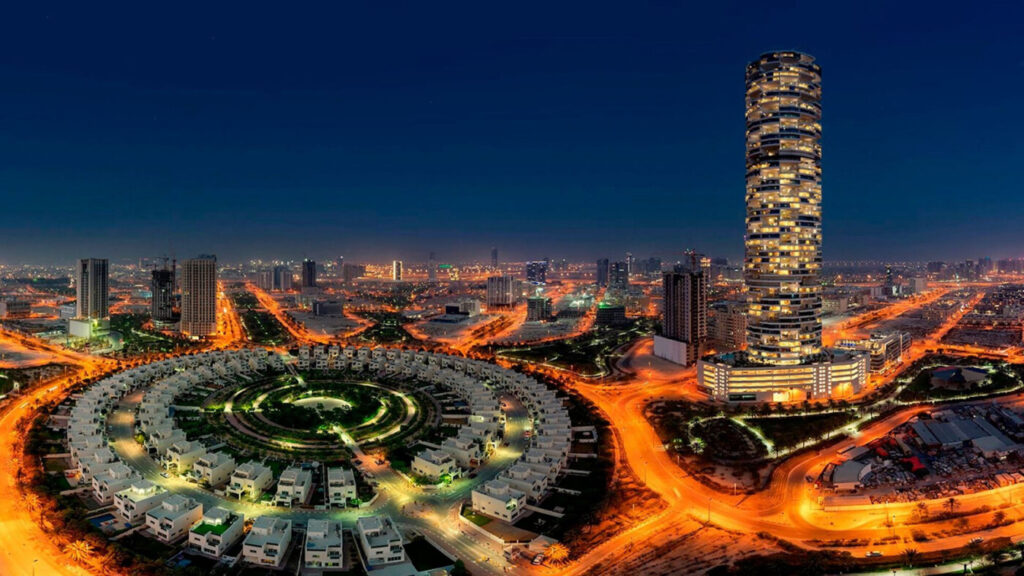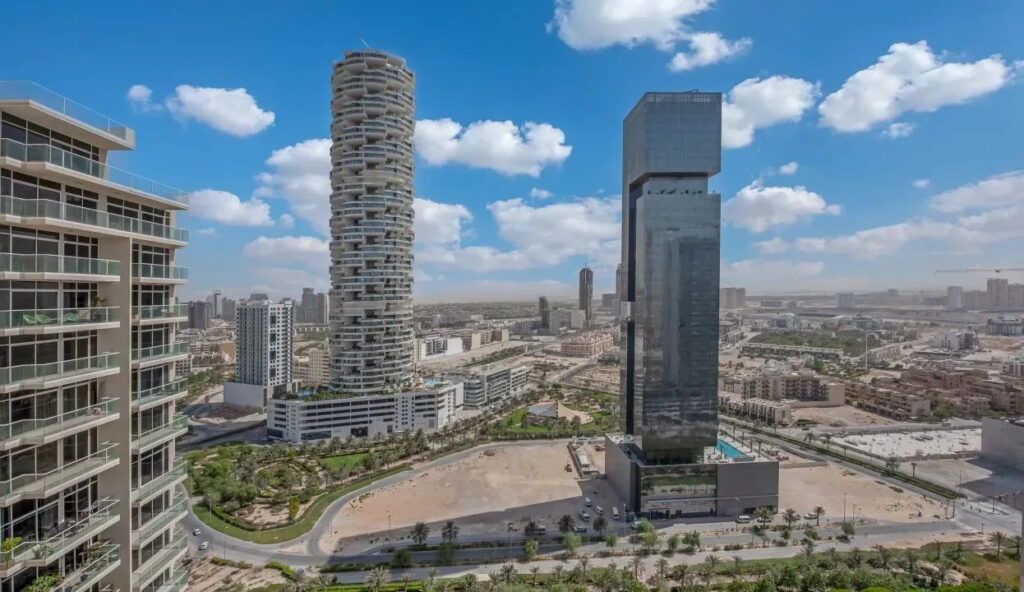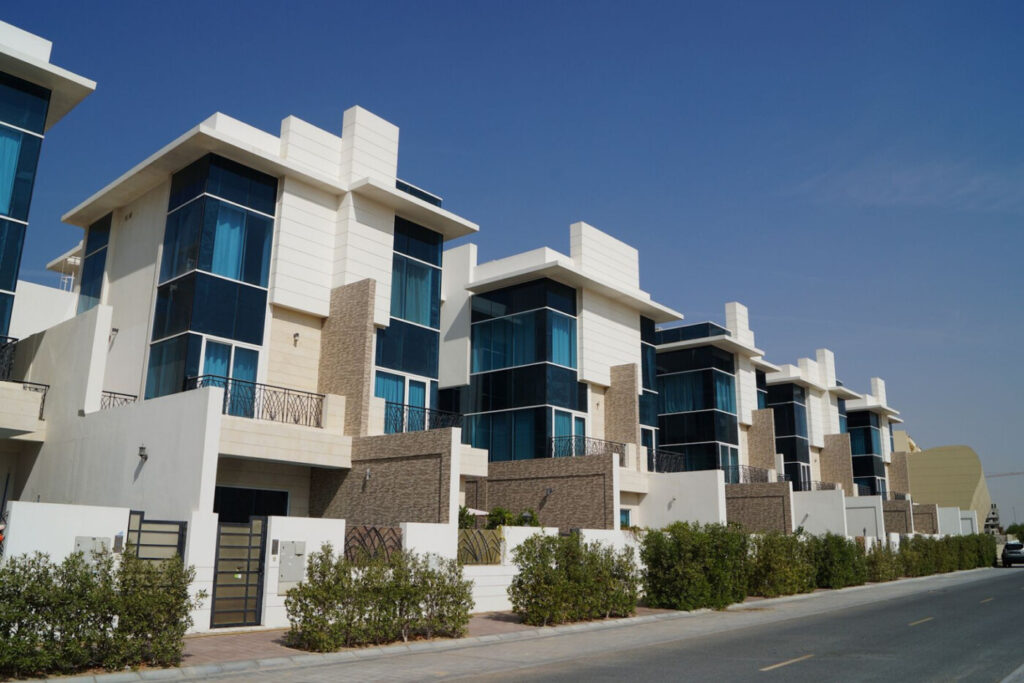
Price is the most volatile element in any market, subject to influence by various factors that can lead to unexpected consequences, often beyond the foresight of experienced analysts.
The state of the market is directly linked to economic events both within the country and abroad. If, for instance, the value of a real estate property suddenly decreases and construction is yet to be completed, there’s no need to panic. Renting out the property after construction completion can help cover any losses. Additionally, waiting for the market situation to stabilize is key to successfully reselling Dubai real estate.
Despite challenges, Dubai holds a promising future. According to World Bank forecasts, the economy of the United Arab Emirates is expected to grow by over 4% by the end of this year. Contributing factors such as a high standard of living, safety, active infrastructure development, thriving tourism, robust trade, IT, fintech, and liberal visa and tax policies all contribute to Dubai’s position as a highly attractive investment center.
READ: Prices Are Rising in Dubai: New Apartments and Projects To Be Completed By 2026
However, challenges may arise in any process, including the sale of real estate in Dubai. It is crucial to address legal aspects, and the following areas deserve attention:
Issues related to infrastructure and construction defects can be identified during the property inspection stage, potentially affecting the sales process and property value. It is essential to understand this when purchasing under-construction housing, as developers may set prices that do not align with the property’s actual cost.

Another risk associated with selling real estate is market instability. Despite this, the real estate market in the UAE remains stable and resistant to shocks, with demand consistently exceeding supply. Dubai real estate yields around 5-6 percent, especially in the luxury segment. However, the choice of projects should align with the investment goal, whether for personal residence, rental, or resale.
Certain aspects of UAE law may pose difficulties, such as the mandatory fee for registering the right with the Land Department in Dubai (4 percent of the transaction value), coupled with a fixed fee of $1.15 thousand.
READ: Manhattan Real Estate: Types and Features
While fraud cases are rare in the UAE, they do occur. Some individuals may pose as brokers, developers, or lenders. Seeking the support of an experienced legal consultant for due diligence, including checking the seller’s license and the legal viability of the transaction, is advisable.

READ: Sea Next to Your House: 5 Tips to Choose the Right Property in Dubai
The seller prepares a comprehensive and legitimate contract, with the ownership certificate transferred to the property owner only after full payment. The process of registering the contract in court typically takes about two weeks.